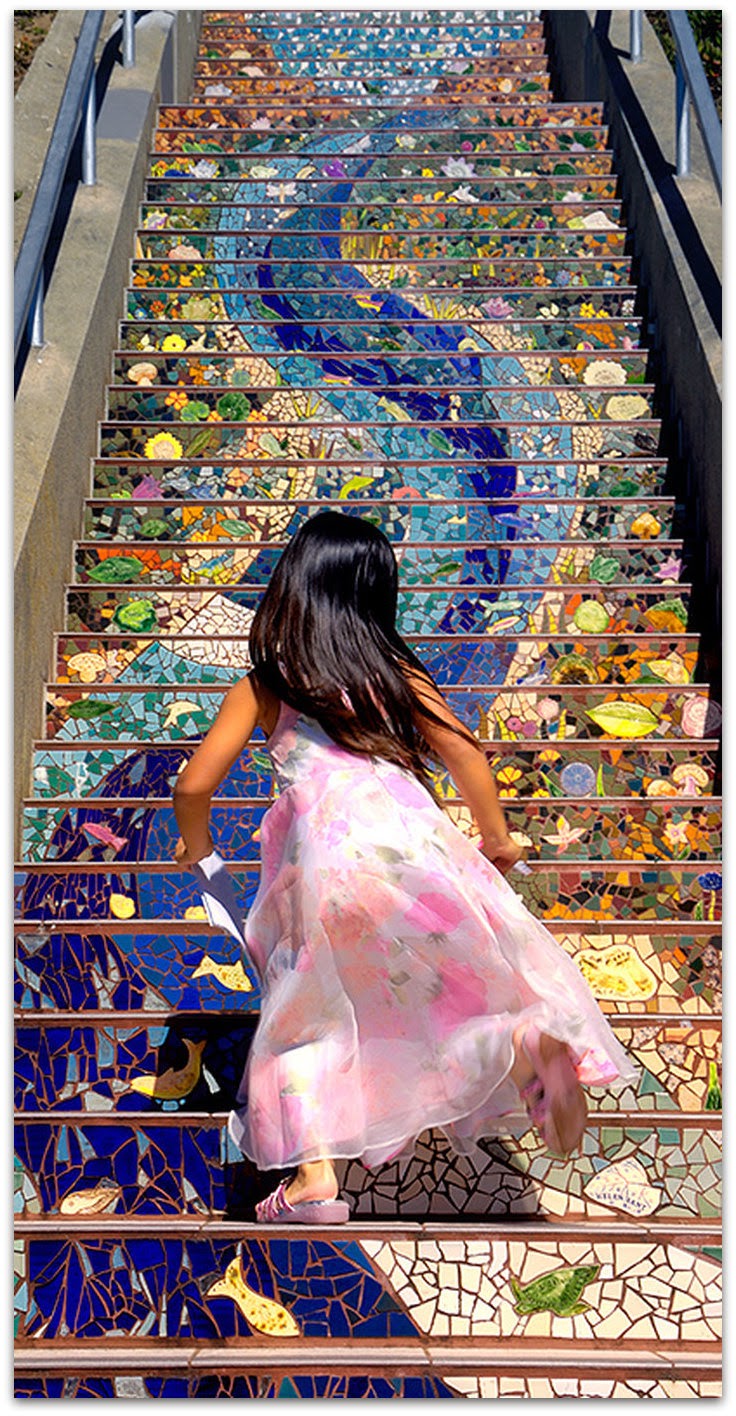Then we unthinkingly relinquish the shaping or our children's mind and character to others, and we presume they'll teach the same things we would if we had the time.
Reality is otherwise, and parents are the primary fortress against a broad range of formative influences (deliberate attacks) from those who don't share our values.
- A consumerist economy will teach that having more is better, that yet just a little more will make them happy.
- A fashion-based segment will teach them that they're not attractive unless they're up to date.
- A sexually bent media segment will teach them that moral choices need not be carefully considered.
- A class-based segment will teach them that some people are superior to others based on status and wealth.
- Middle-school and high-school will teach them a narrow version of relationship skills. They'll have little awareness of relationship outside their age group and none for cross-generational relationships.
There are so many good things about modern culture; it is a disappointing downturn to note that it serves only a portion of the people somewhat well. Like many good ideas, it's an 80% solution that unintentionally negates a healthy and balanced perspective. And it disenfranchises a portion of the population as well.
A broadly expansive education was once our goal. Science, sociology, philosophy, history, math, music, and the arts; all were part of a 'well-rounded' education. Today's thinking is career focused, however, and the push is toward marketable skill development at the expense of a healthy worldview.

It takes a village to raise a child. Hillary Clinton wrote the book whose title is attributed to an African proverb. While debate and criticism swirled around the book and author, numerous proverbs from different cultures across Africa have been noted that convey similar sentiments in different ways. In Lunyoro there is a proverb whose literal translation is 'A child does not grow up only in a single home.' In Kihaya there is a saying which translates as 'A child belongs not to one parent or home.' In Kijita there is a proverb teaching that regardless of a child's biological parents its upbringing belongs to the community.
Such thinking serves well in a community where values are shared and goals are common among the members. You could trust another parent to tell your child the same thing you would. Such is not the venue in which we raise our children today. Homeschooling is an emerging choice of parents who see problems in the public school agenda. And children no longer run free; it's not a safe world for them like it was fifty years ago. Why is that? My daughter used to disappear early Saturday mornings with a dozen of her friends. She'd come home by sunset with stories of adventures and play. But that was in Japan, not here.
After some decades of two working parents, families are faced with the choice of relegating the raising of their children to others, or scaling back financially, and thoughtfully doing what needs to be done. Character formation is not accidental; it's done directly and pointedly by the agencies that have access to a child's thinking.
On a side note ....
My daughter and I share a background in sociology; we wondered who would raise healthier children - the families where she taught elementary school in the inner city, or my African friends in a safe but poor country. Some of her kids had lost family members to street violence, they knew the drug trade, street violence, and prostitution was the available employment for some of their mothers. There was no safe place for children to roam unattended. Gangs were a survival mechanism.


 |
| Some of our African friends at their elementary school ... |


No comments:
Post a Comment
Feel free to challenge any content. Many posts have been revised following critical review.